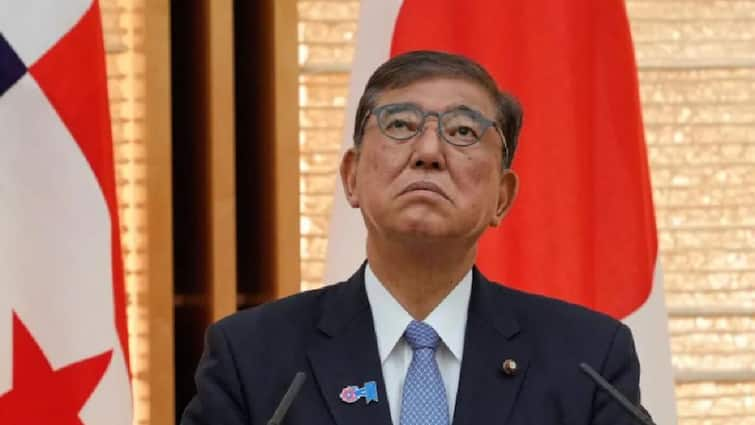Japanese Prime Minister Shigeru Ishiba has decided to step down, NHK reported on Sunday, in a move that could trigger a leadership race within the ruling party.
The decision comes less than a year after Ishiba took office, marking one of the shortest tenures for a Japanese premier in recent history. His time in power has been overshadowed by mounting political challenges and disappointing election results that weakened his party’s grip on parliament.
Pressure on Ishiba intensified following the July elections, where the ruling coalition suffered a crushing blow and lost its majority in both chambers. Weeks of internal criticism and growing calls for accountability left the prime minister with little choice but to resign.
NHK did not specify when Ishiba will formally leave office, but his departure is expected to set the stage for a new leadership contest within the party as Japan faces political uncertainty.
Leadership Race Begins
His resignation opens the door to an intense leadership contest that will shape Japan’s political future. To secure a spot in the race, candidates must gain the backing of at least 20 lawmakers. The eventual winner of the party election will still need to clear a parliamentary vote to officially become prime minister. Despite the coalition’s weakened position, the LDP remains the largest force in the lower house, giving its candidate an advantage, though not a guaranteed path, to the premiership.
Several names are already surfacing as contenders. Sanae Takaichi, who finished second to Ishiba in last year’s leadership race, is seen as a strong possibility. Agriculture Minister Shinjiro Koizumi, the son of former Prime Minister Junichiro Koizumi, and former economic security minister Takayuki Kobayashi are also expected to weigh their chances. Current Chief Cabinet Secretary Yoshimasa Hayashi and Finance Minister Katsunobu Kato may also enter the race.
Mounting Pressure Within the LDP
Criticism of Ishiba had been growing inside the LDP after the coalition’s poor showing in July’s Upper House election. The defeat came on the heels of an earlier loss in the Lower House, shortly after Ishiba took office last October. His promises to fight inflation and reform a party already tainted by fundraising scandals failed to win back voter trust. Amid rising calls for accountability, party leaders had been expected to decide on Monday whether to hold a special leadership contest.



